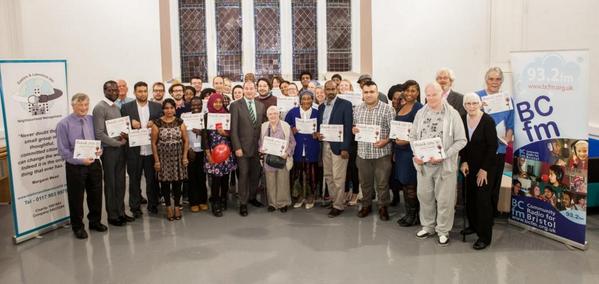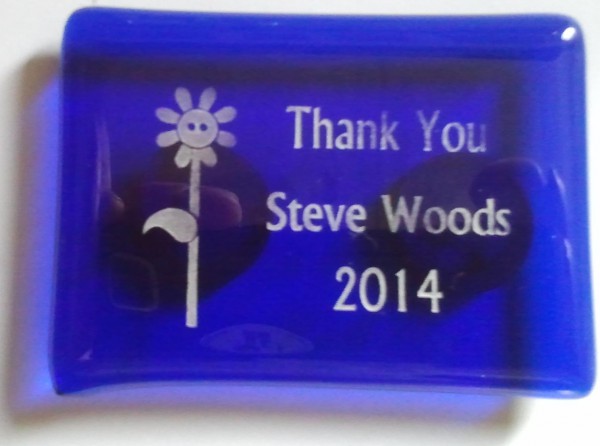Document Freedom Day: why open standards matter
 Today is Document Freedom Day, an annual international celebration of open formats and open standards and an opportunity to promote their use.
Today is Document Freedom Day, an annual international celebration of open formats and open standards and an opportunity to promote their use.
The use of open standards is definitely gaining ground, particularly where it matters, such as in dealings with government bodies. This was amply illustrated last year by the UK Cabinet Office’s announcement of the adoption of open standards for collaborating on government documents.
Why do open standards matter?
Open standards are vital for interoperability and freedom of choice. They provide freedom from data lock-in and the accompanying vendor lock-in. This makes open standards essential for governments, companies, organisations and individual users of information technology.
What is an open standard?
An open standard refers to a format or protocol that is:
- Subject to full public assessment and use without constraints in a manner equally available to all parties;
- Without any components or extensions that have dependencies on formats or protocols that do not meet the definition of an open standard themselves;
- Free from legal or technical clauses that limit its use by any party or in any business model;
- Managed and further developed independently of any single supplier in a process open to the equal participation of competitors and third parties;
- Available in multiple complete implementations by competing suppliers, or as a complete implementation equally available to all parties.
How do open standards affect you?
April, the French open source advocacy organisation, has produced a handy graphic in English to illustrate the difference between open and closed formats. Click on the image below for the full-sized version.
Examples of open standards
Many open standards are in wide use. Here are 3 examples:
- Plain text (.txt);
- HTML, the language of the web;
- ODF, the default file format of free and open source office suites such as LibreOffice and OpenOffice. ODF can also be handled by Microsoft Office versions from Office 2007 onwards.
Document Freedom Day is being promoted on social media by the use of the #DFD2015 hashtag.

 Following the post on Friday on
Following the post on Friday on 




 Language is dynamic, constantly mutating and changing. One sign of this dynamism is the appearance of
Language is dynamic, constantly mutating and changing. One sign of this dynamism is the appearance of 

